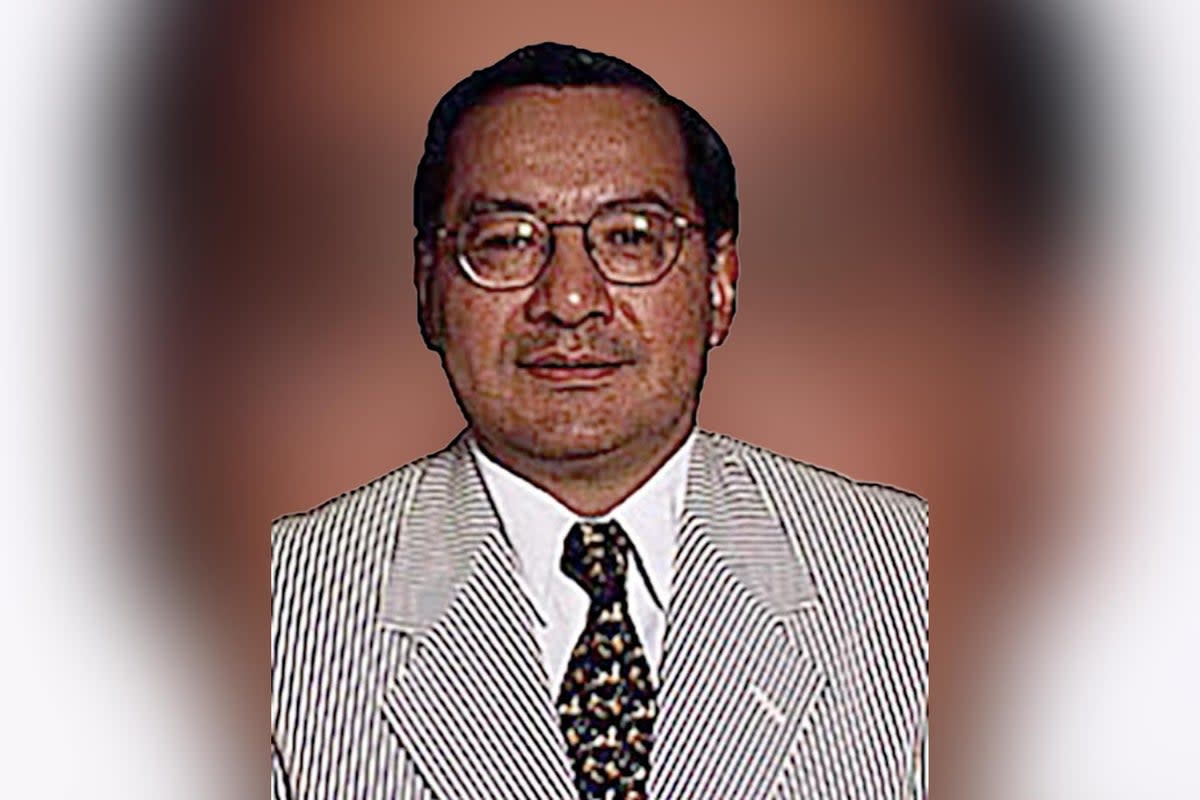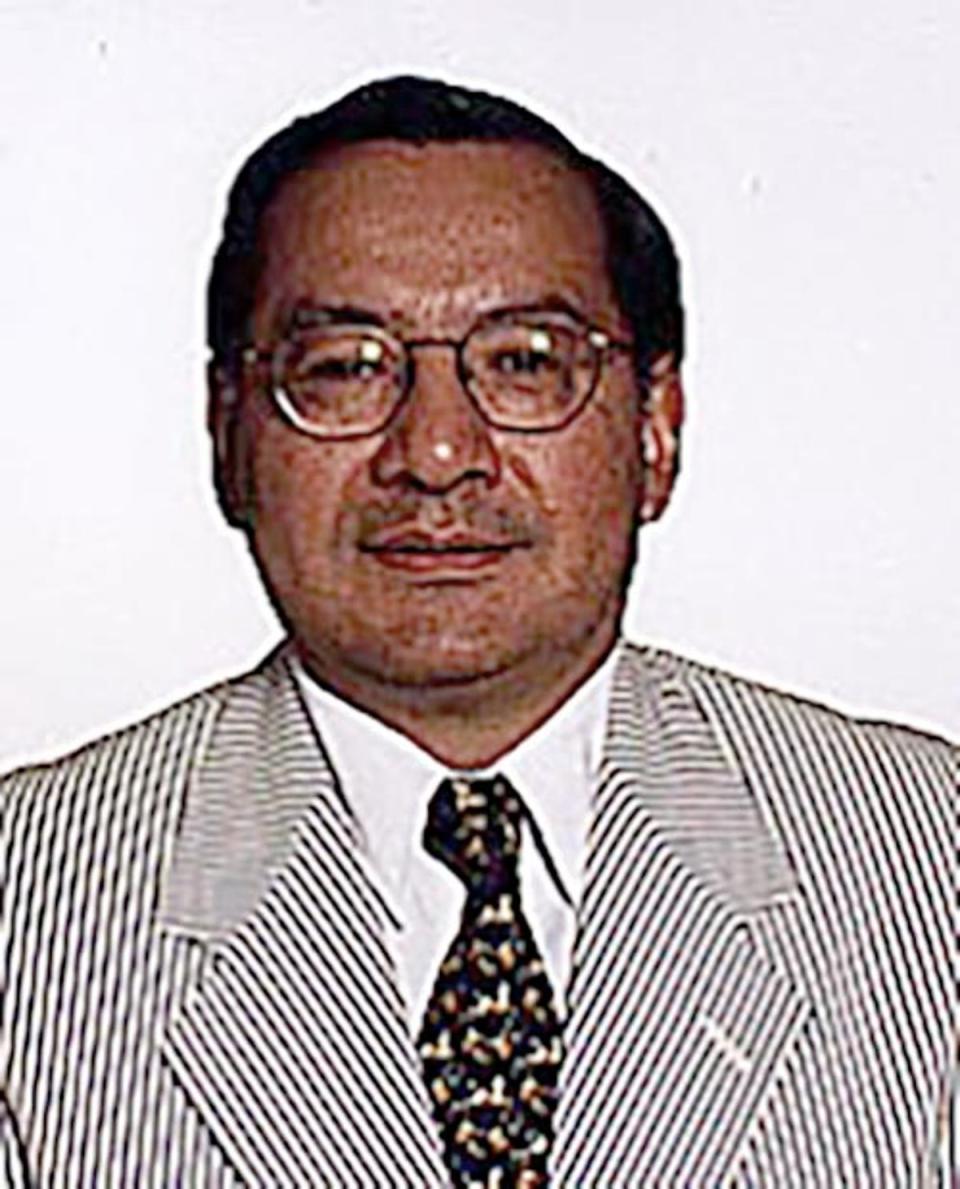Ex-US ambassador arrested for allegedly being secret Cuban spy

A top American diplomat who used to be the US ambassador to Bolivia has been arrested for allegedly secretly working as a Cuban spy.
Manuel Rocha, 73, was taken into custody in Miami on Friday in what marked the culmination of a long-running FBI counterintelligence investigation, according to the Associated Press.
Two sources told the agency that Mr Rocha is accused of secretly working to promote the Cuban government’s interests.
Investigators allege that this is a violation of the Foreign Agents Registration Act – a law which requires any individual lobbying and doing the political bidding of a foreign government on US soil to register with the Justice Department.
Further details about the 73-year-old’s alleged work as a Cuban government agent are expected to be revealed on Monday when he appears in federal court.
Neither the DOJ or Mr Rocha has yet publicly commented on his arrest.
Mr Rocha’s wife Karla Wittkop Rocha refused to comment and hung up the phone when reached for comment by the AP.
The bombshell arrest comes after Mr Rocha has spent 25 years working as a top US diplomat in several Latin American countries.
His diplomatic postings included a stint at the US Interests Section in Cuba during a time when the US lacked full diplomatic relations with Fidel Castro’s communist government.
Born in Colombia, Mr Rocha was raised in a working-class home in New York City and went on to obtain a succession of liberal arts degrees from Yale, Harvard and Georgetown before joining the foreign service in 1981.

He was the top US diplomat in Argentina between 1997 and 2000 as a decade-long currency stabilisation program backed by Washington was unraveling under the weight of huge foreign debt and stagnant growth, triggering a political crisis that would see the South American country cycle through five presidents in two weeks.
At his next post as ambassador to Bolivia, he intervened directly into the 2002 presidential race, warning weeks ahead of the vote that the US would cut off assistance to the poor South American country if it were to elect former coca grower Evo Morales.
“I want to remind the Bolivian electorate that if they vote for those who want Bolivia to return to exporting cocaine, that will seriously jeopardise any future aid to Bolivia from the United States,” Mr Rocha said in a speech that was widely interpreted as a an attempt to sustain US dominance in the region.
The gambit worked but three years later Bolivians elected Morales anyway and the leftist leader would expel Rocha’s successor as chief of the diplomatic mission for inciting “civil war”.
Mr Rocha also served in Italy, Honduras, Mexico and the Dominican Republic, and worked as a Latin America expert for the National Security Council.
Following his retirement from the State Department, Mr Rocha began a second career in business, serving as the president of a gold mine in the Dominican Republic partly owned by Canada’s Barrick Gold.
More recently, he’s held senior roles at XCoal, a Pennsylvania-based coal exporter; Clover Leaf Capital, a company formed to facilitate mergers in the cannabis industry; law firm Foley & Lardner and Spanish public relations firm Llorente & Cuenca.


